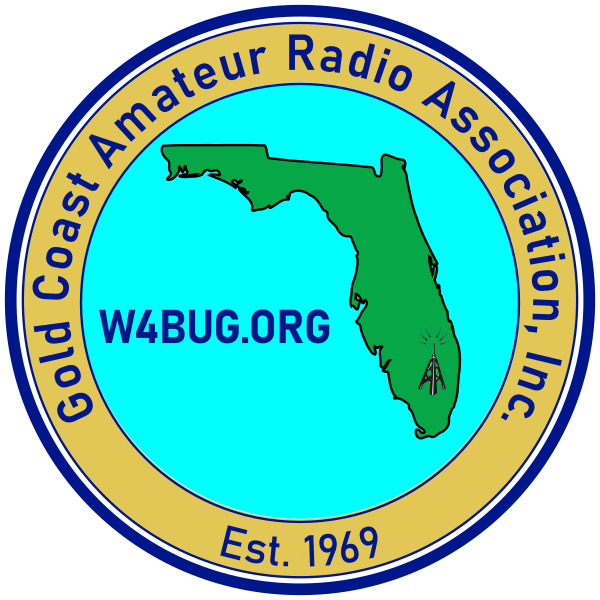
David S. Pomerantz
Amateur Radio License Call Sign: KO4DKN
Boynton Beach, Florida 33437-4073
Today while I was at Ham Radio Outlet in Winter Springs, FL I was debating about getting a second antenna. This one would be for my Kenwood D710G mobile. I already have both a Comet CA-2x4SRNMO antenna and a Comet SBB-7NMO antenna for my Yaesu FTM-500DR dual band mobile radio. So, which one do I get after I drove 3hrs to the radio store? Both antennas are very good Dual Band Antennas for any mobile VHF/UHF radio which operate on the Amateur Bands. Let’s Dig In!
Let’s do some testing using my Rigexpert 230 Stick Pro and take some antenna measurements for SWR to see which one has a better SWR reading. Then, let’s do some real world testing on the local repeaters in the Broward & Palm Beach County areas and see how well my audio sounds on each antenna.
The first reading I did was on the Comet CA-2X4SR, which on 2 meters was right out of the plastic sleeve. No tuning. The package indicated the antenna required no tuning…sure!
Very low SWR reading across 2m
the second reading I did is on the Comet SBB-7
As you can see the SWR increases the higher the frequency you go
Let’s take a look at the signal reports from these two antennas. The receiving signals from our local repeaters in Broward & Palm Beach County indicated to me that the CA-2x4SR was a little scratchy in certain areas as I traveled and at times it did not produce a good clean signal especially near the Boca Raton’s Club Repeater from the Sawgrass and Northbound Turnpike.
I decided to switch over to the Comet SBB-7. I noticed a significant improvement in receive and voice, but it must be noted that the SBB-7 does have a higher DB gain rating then the CA-2x4SR antenna and is a taller antenna. Side Note: While traveling the local roads the next day on the Turnpike South to Fort Lauderdale with clear skies outside, I didn’t seem to have any issues on the receive end with the CA-2X4SR antenna.
Both antennas do produce a good receive and transmit when you are on open roads like the Turnpike, I-95 in Martin, Indian River Counties and areas with open roads. Minimal trees and buildings were a plus. As Amateur radio operators we must also consider propagation, solar flare activity and weather as a factor to. Some days are just better than others no matter what we do, I have experienced.
I have really enjoyed both antennas on moderate distance travel, but I would probably to go with the CA-2X4SR antenna for long distance travel due to its smaller size when I’m traveling at higher rates of speed. If I was setting up for an Ares activation/drill, APRS, sending/receiving Winlink traffic or in a rural area I would use the Comet SBB 7. The is no magic bullet antenna out there for every situation, but our signal reports do help all of us determine if the antenna we are using is affective or not. In an emergency, that is not the time to determine that we have a subpar antenna.
I decided on the Comet SSB-7 antenna, but I do continue to enjoy both antennas. Please feel free to share with us what type of antenna you use for portable or mobile use.
’73 All
Stats for CA-2X4SR Antenna: VHF/UHF FRS Applications
2M: 4.5dBi 6/8 wave center-load
70 cm: 7.2dBi Three 5/8 waves in phase
SWR: 2:1 or less
Max Power: 150W FM
Length: 40″
Stats for the Comet SBB-7 Antenna: VHF/UHF Dual Band
2M: 4.5dBi 6/8 wave center-load
70 cm: 7.2dBi Three 5/8 waves in phase
SWR: 1.5:1 or less
Max Power: 70W FM Length: 55″
